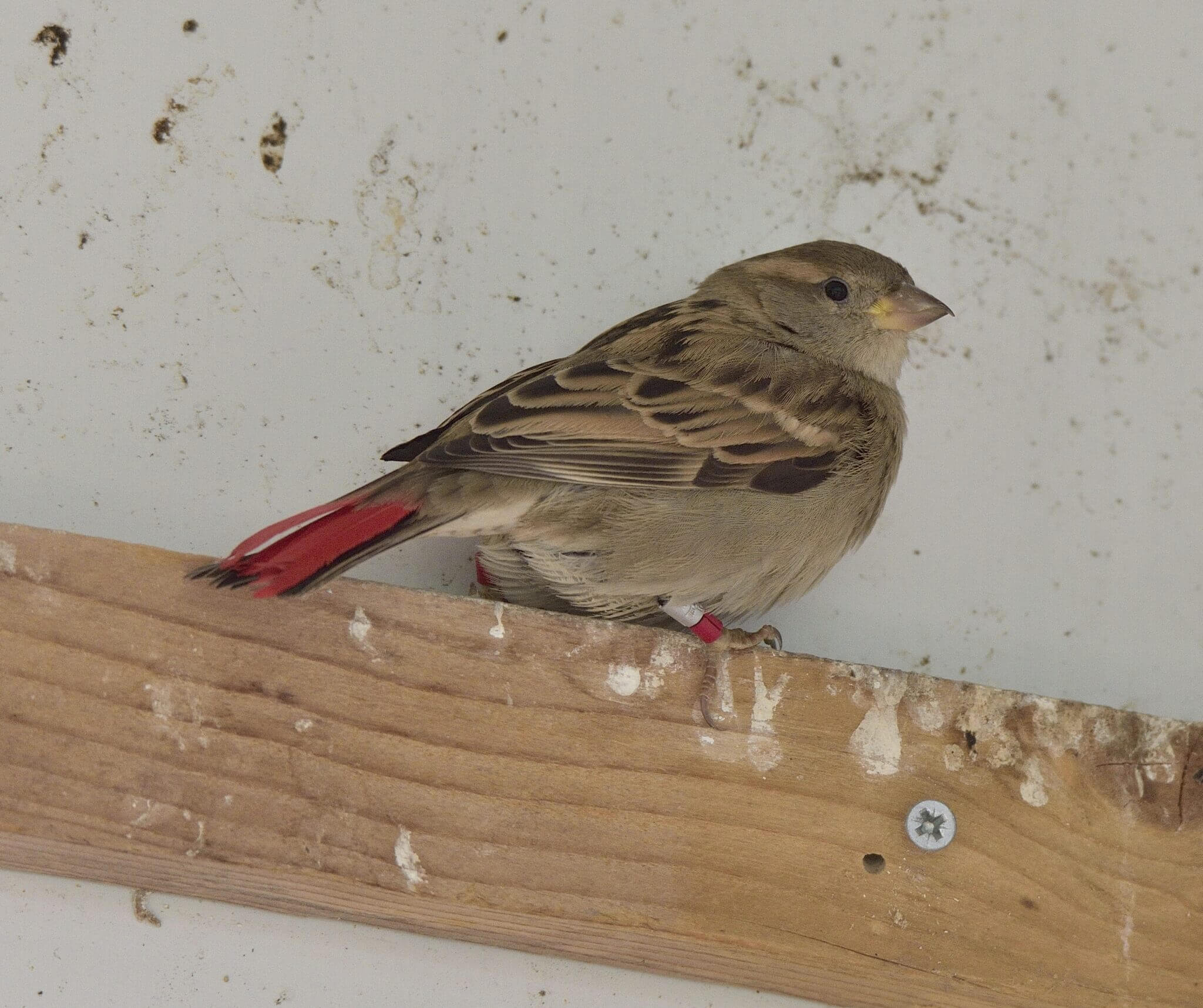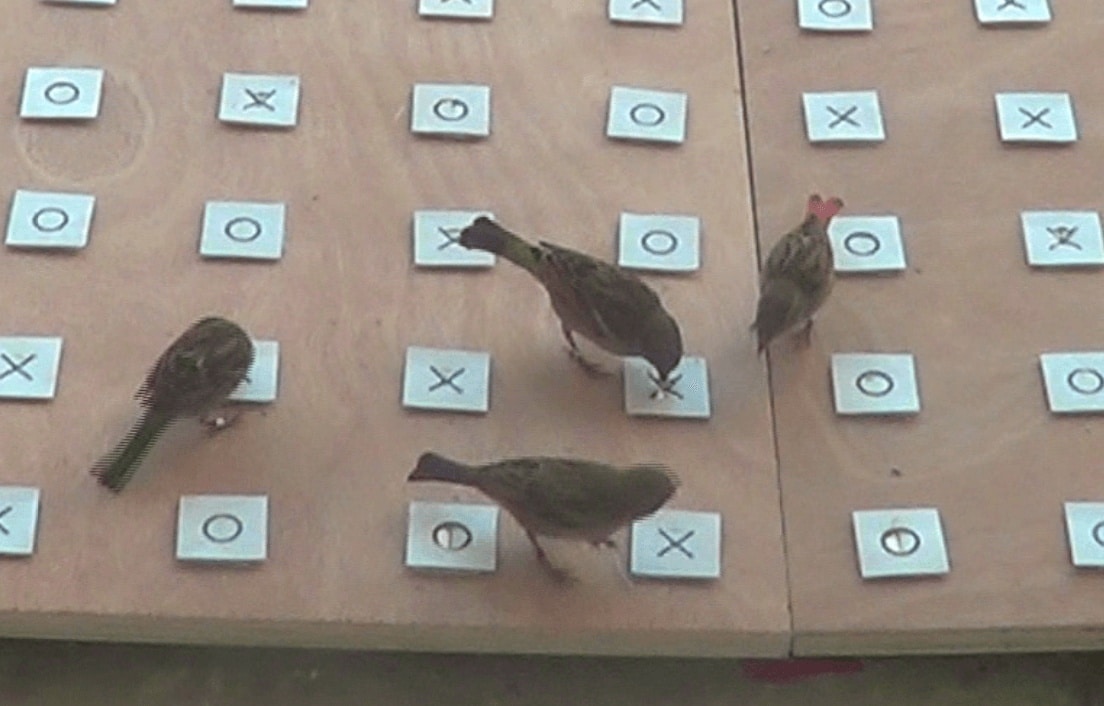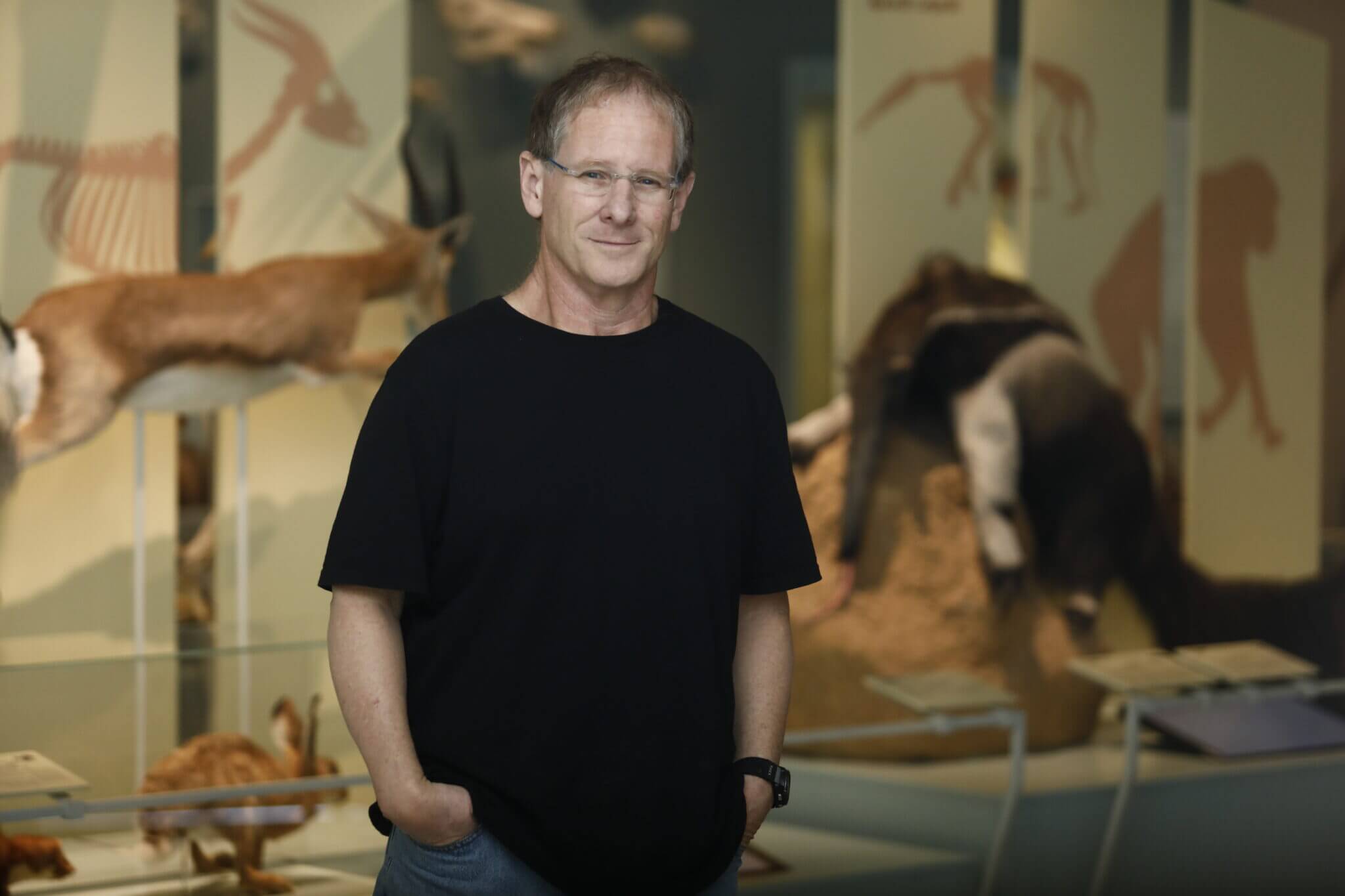"A wise man learns from the experience of others, a fool learns from his own experience." indeed? According to sparrow research, the answer is: it depends

"Even animals, like humans, are able to learn from each other," says Prof. Arnon Lotem from Tel Aviv University. "In some cases, this social learning can create different cultures. In some species of birds, for example, the young learn the songs of mature individuals, thus creating characteristic regional 'dialects'. This process actually leads to 'cultural evolution'. Each population has its own singing culture, and the songs are transmitted not genetically, but through social learning."
The social learning of animals is interesting in several respects. What animals learn? What part of their knowledge is cultural, as opposed to genetically dictated behavior? How does the socially learned knowledge affect their ecology - for example, their ability to live in certain areas? And finally, what can animal learning teach us about ourselves?
Seemingly conservative
A previous study by Prof. Lucy Aplin, a research partner of Prof. Lotham, pointed to a conservative learning behavior of yarrows. The rats were shown feeding facilities that could be opened from the right side, painted blue, or from the left side, painted red. The opening mechanisms on both sides were identical. And yet, as soon as some irgas were taught to open the facilities on the right, all the irgas in the population imitated them and opened the facilities only on the right; And vice versa - if the researchers taught some individuals in the population to open on the left, the rest of the individuals in the group learned from them and developed a "culture of opening on the left".
Another study was conducted in vervet monkeys. The researchers offered the monkeys tasty or bitter food dumplings that were colored blue or red. When the monkeys were given tasty red dumplings and bitter blue dumplings, the monkeys learned to eat only the red ones, and persisted in doing so even when they were offered tasty blue dumplings. Even a new monkey who joined the group, and had never encountered any bitter dumpling, adopted the group's preferences.
Conservatives? Or independent?
Ostensibly, these studies indicated conforming behavior: individuals tended to copy the behavior of other individuals, even if there was no profit or logic in doing so. But is conformity a general characteristic of these animals, or does it simply arise from the experimental conditions?
To answer the question, Prof. Lotem and research student Naama Elhadef - with the help of a research grant from the National Science Foundation - conducted an experiment on sparrows. In this experiment, the food is in paper-covered wells (sockets). The researchers presented the sparrows with lions marked with color (green or purple) or shape (X or circle; see figure). Only lions marked with a certain color or shape contained food. As expected, the sparrows learned to open only lions of this color or shape.
In the next step, the researchers added "naïve" sparrows to the trained sparrows, who only learned to open lions covered in white paper. The food-containing bars were now marked in two different ways: one (such as color) that was familiar to the old sparrows, and the other (such as shape) that was unfamiliar to them. The new sparrows did not copy the behavior of the old ones, but tested lions of all kinds, discovered that there are also lions that contain food that the old sparrows do not eat, and learned to prefer them - and thus avoid competition.

Is it possible to conclude from this that sparrows, as opposed to irritants, are non-conformists? Not sure. The researchers, this time led by research student George Markowitz, repeated the experiment with a slight change: the "new" sparrows did not first learn to open lions covered in white paper. When the newbies joined the veterans, they had to learn two things: both how to open the boxes and what is the marking of boxes containing food. A completely different behavior was obtained: almost all the new sparrows exactly imitated the mark or color preference of the old ones. If the veterans opened only with green lions, or marked with an X - the new ones did the same.
Why did the sparrows behave in a conformist manner in this experiment? The research has not yet been completed, but Prof. Lotem hypothesizes that when the task is more difficult to solve, such as in the case of opening the cover of barnacles, the sparrows rely on copying - and as part of the process also assimilate the use of a certain color or shape.
Learning adapted to the situation
"If we had only conducted the first version of the experiment," explains Prof. Lotem, "we would have been able to conclude that the sparrows are completely non-conformists. But no: a slight change in the experimental conditions produced complete conformity. In other words, it is possible that creativity or conformity are not a characteristic of sparrows, sparrows or vervet monkeys - but rather that these animals are capable of different types of learning, which are revealed according to the experimental conditions."
Video from the experiment by George Markowitz: all the sparrows in the group learned to open lions marked in purple. The group includes four "veteran" sparrows, who were trained in advance, and two "naive" sparrows, who did not first learn to open white lions, and precisely copied the choices of the veterans (the tail of one of the naive individuals is painted yellow, and the tail of the other is orange-green).
Prof. Lotem therefore hypothesizes that animals, like humans, are not always "conformist" or "creative" - but adapt their learning strategies to the situation: how fierce is the competition for the resource? How easy is it to learn to achieve it independently, compared to social learning? "Also the abilities of the particular individual certainly have an effect on the choice," concludes Prof. Lotem. "Because sparrows and sparrows, just like humans, are different from each other."
Life itself:

"Zoologists like to travel," says Prof. Lotem, "I especially like mountains." I am indeed a researcher at Tel Aviv University, but I live on Carmel."
More of the topic in Hayadan:
- The free market economy of sparrows
- The behavior and activity of birds in the first stages of life is significant for predicting their chances of survival in migration
- Trolls, sharks and angry birds - on patents in the age of information technology
- Why do birds fly in triangular formations, and how does this relate to cycling?
- The dream sleep of the birds, with or without dreams?
